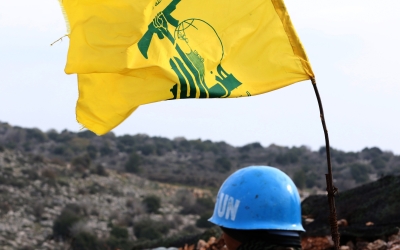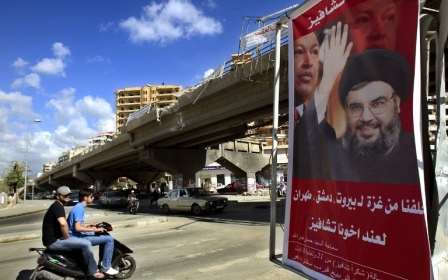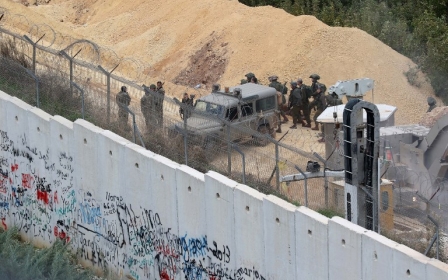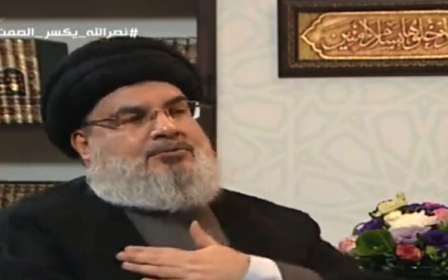Hezbollah rejects UK ban, accusing London of 'servile obedience' to US
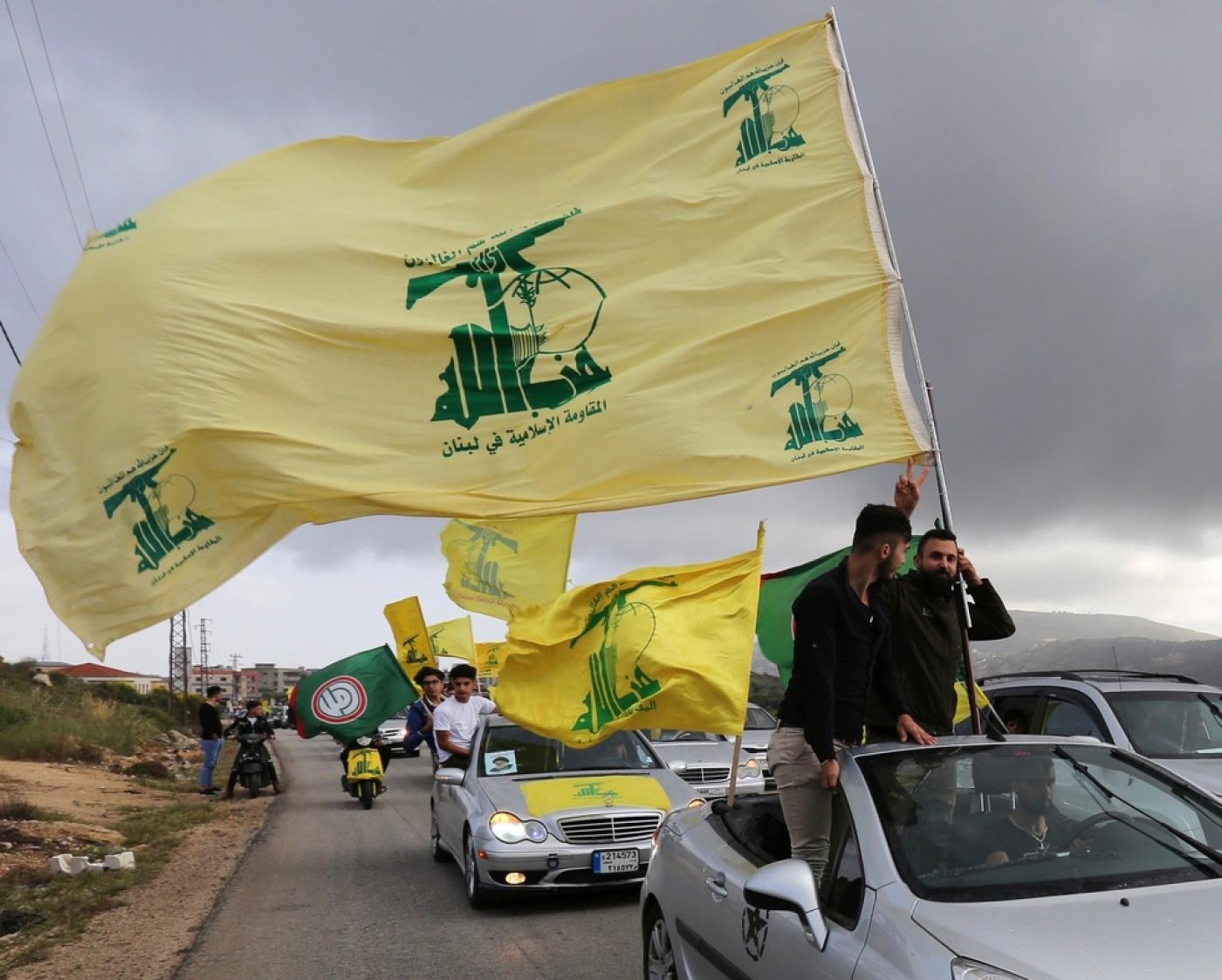
Hezbollah has accused the UK of showing "servile obedience" to the US after the government announced it was fully banning the Lebanese group as a terrorist organisation on Monday.
In a statement released on Friday, four days after the ban was announced, Hezbollah said it "strongly rejects" the British government's new classification.
"The British government has adopted this resolution as an insult to the feelings, emotions and will of the Lebanese people, which considers Hezbollah a political and popular power that has been widely represented in parliament and the future government," said the statement, which was released on Al-Manar TV.
The group said the UK government could "not deceive the free people in the world, including the liberals in Britain itself, who are well aware of the manufacture of terrorism in our region, support and continue to cover crimes in Syria, Iraq and Yemen by the United States and its international and regional instruments".
Hezbollah's armed wings, the External Security Organisation and the Jihad Council were already banned by the UK in 2001 and 2008 respectively, but UK Home Secretary Sajid Javid said in a statement on Monday that it was no longer tenable to maintain a distinction between the political and military sides of the group.
New MEE newsletter: Jerusalem Dispatch
Sign up to get the latest insights and analysis on Israel-Palestine, alongside Turkey Unpacked and other MEE newsletters
"Hezbollah is continuing in its attempts to destabilise the fragile situation in the Middle East – and we are no longer able to distinguish between their already banned military wing and the political party," Javid said.
"Because of this, I have taken the decision to proscribe the group in its entirety."
The government also announced it would be banning two Sahel-based militant groups, Ansaroul Islam and Jamaat Nusrat al-Islam Wal-Muslimin, and several front groups for the Turkish Revolutionary Peoples’ Liberation Party/Front (DHKP-C) and the Islamic State group.
Israel applauded the UK for the move against Hezbollah, and called on the EU to adopt the same position.
"All who truly wish to combat terror must reject the fake distinction between 'military' & 'political' wings," Israeli Security Minister Gilad Erdan said in a tweet, thanking his British counterpart, Sajid Javid.
The Iran-backed group is already regarded a terrorist organisation by the United States, which last week expressed concern about its growing role in Lebanon's government - a move that Hezbollah politicians described as a "violation of sovereignty".
'A fixture'
Set up in 1982 by Iran's Revolutionary Guards following Israel's invasion of Lebanon, it fought its southern neighbour to a standstill in 2006.
Britain's opposition Labour Party has called on the government to justify its decision to fully ban the Lebanese political group Hezbollah.
Labour did not oppose the move to ban the group, approved by parliament on Tuesday. But a Labour spokesperson questioned what evidence existed to prompt extending the ban to the whole organisation.
Chris Doyle, director of the Council for Advancing Arab-British Relations, told Middle East Eye on Monday the move was risky in terms of UK attempts to engage with Lebanese political and civil society.
"Will it produce credible benefits to the UK, will it help us in terms of security and the like? I think that actually on the ground in Lebanon it will make life much harder," he said.
"Hezbollah is a fixture in Lebanese politics and I think it will make it much harder for British embassy officials to try and be an effective, positive force within Lebanon."
Lebanese Foreign Minister Gebran Bassil said the ban would "not have any negative effect on Lebanon".
He said Hezbollah would "remain embraced by the institutions of the state and all the Lebanese people" as long as Israel continued occupying Palestinian land.
Middle East Eye delivers independent and unrivalled coverage and analysis of the Middle East, North Africa and beyond. To learn more about republishing this content and the associated fees, please fill out this form. More about MEE can be found here.


